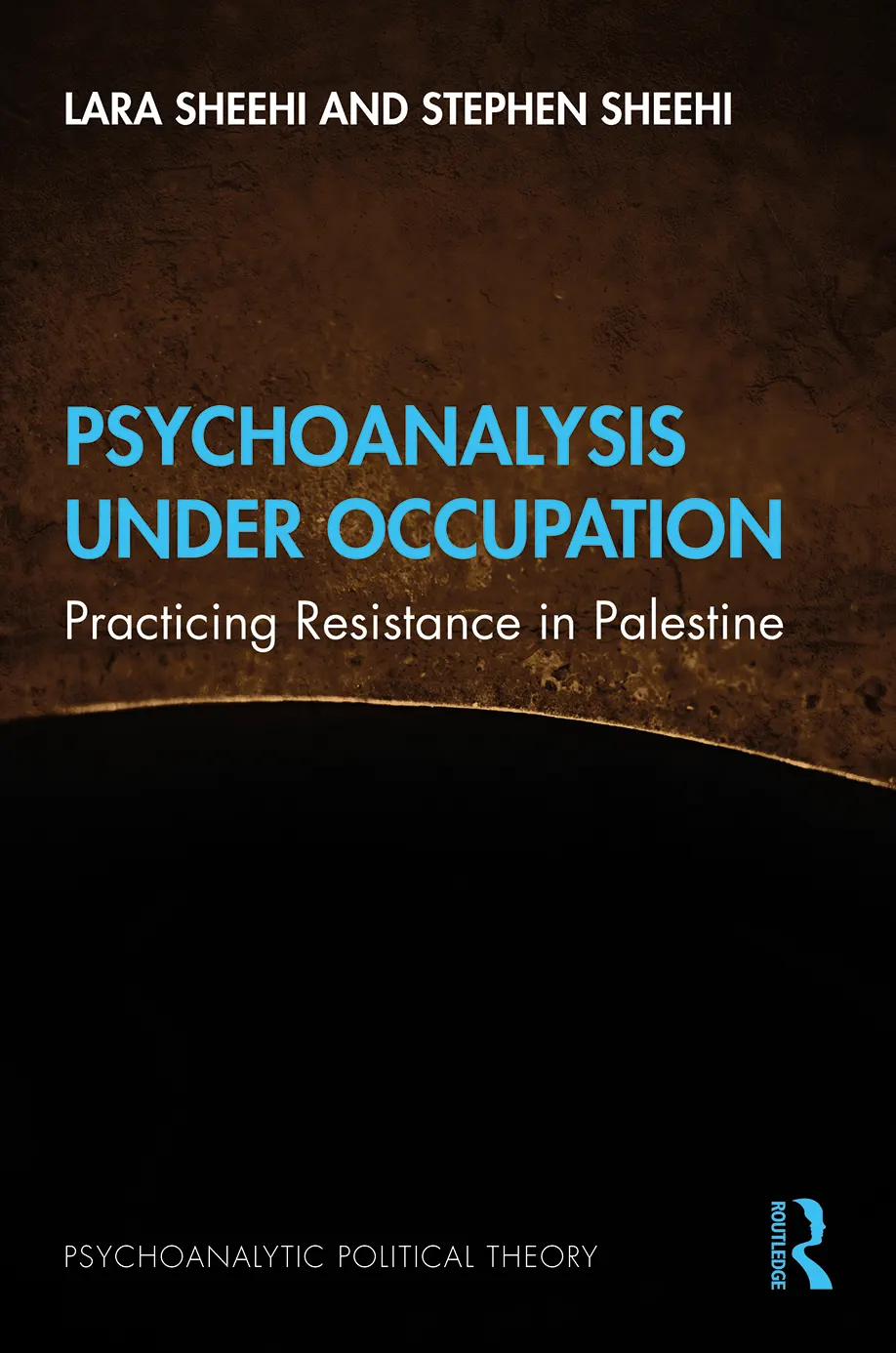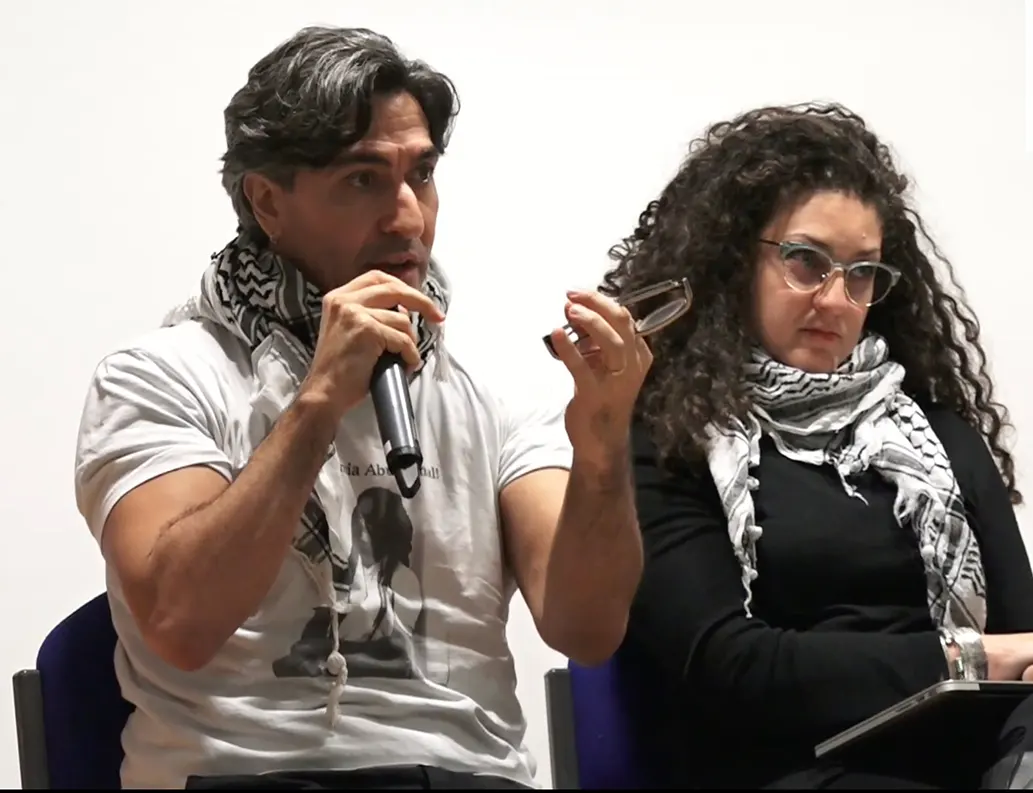Psychoanalysis Under Occupation:
Practicing Resistance in Palestine
Co-authored with Lara Sheehi


Winner of the 2022 Palestine Book Award for the Best Academic Book on Palestine
Psychoanalysis Under Occupation:
Practicing Resistance in Palestine
Psychoanalysis Under Occupation: Practicing Resistance in Palestine documents the inter- and intrapsychic practices taken up by Palestinians to stave off the effects of what we refer to as “colonial extractive introjects,” which is where Fanon’s “alienation” theoretically meets Christopher Bollas’s “extractive introjections.” The book offers the story of Palestinian psychologists in relation to settler-colonialism and violence but, even more so, in relation to their patients, communities, families, and one another (as a clinical community). In this regard, Lara Sheehi and Stephen Sheehi track the appearance of settler colonialism as a psychologically extractive process, one that is often effaced by discourses of “normalization,” “trauma,” “resilience,” and human rights, with the aid of psychology and psychologists, as well as psychoanalysis. Therefore, we locate the process of maintaining the culture and psyche of, what we would call, “Palestinian presence”, not only with historical phenomena, but as a contemporary, sustained, and ongoing conscious and unconscious processes of life under and against settler-colonial conditions. In other words, psychoanalysis provides a theoretical framework for Palestinian clinicians and ourselves to understand the experiences of Palestinians and the conditions of Zionist settler colonialism and military occupation under which they live. Yet, within the current conditions of Palestine as a living space, Sheehi and Sheehi explore how Palestinian clinical engagement with psychoanalysis also forges a decolonial psychosocial theory appropriate to the realities and structures of Zionist settler-colonialism. More simply, Sheehi and Sheehi examine how psychoanalysis is itself used by mental health practitioners to navigate not only the occupation, but also to imagine new possibilities for Palestinian unity, activism, and liberation.
For a free 35 page sample, see “Preview Review”


